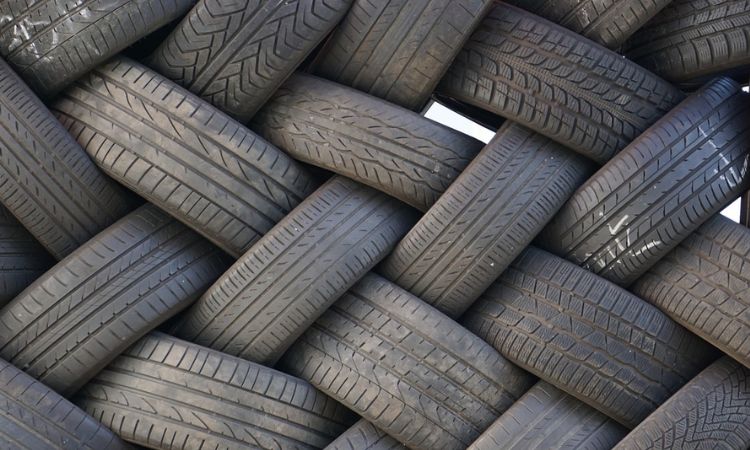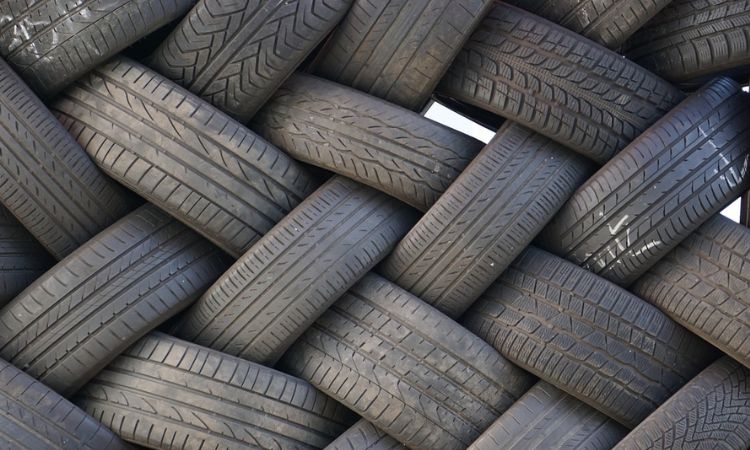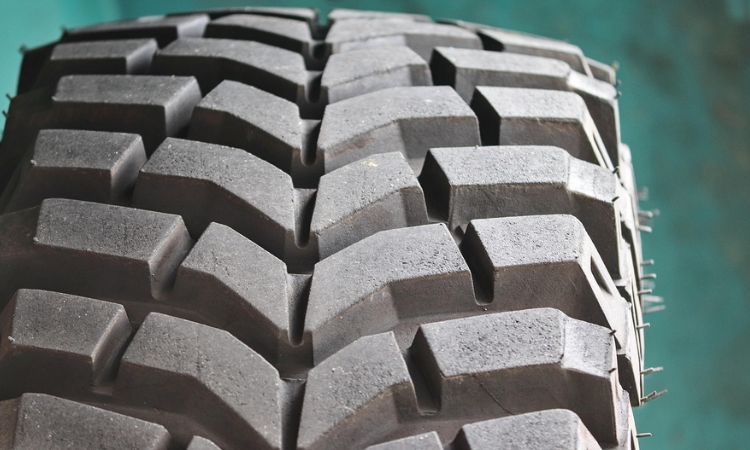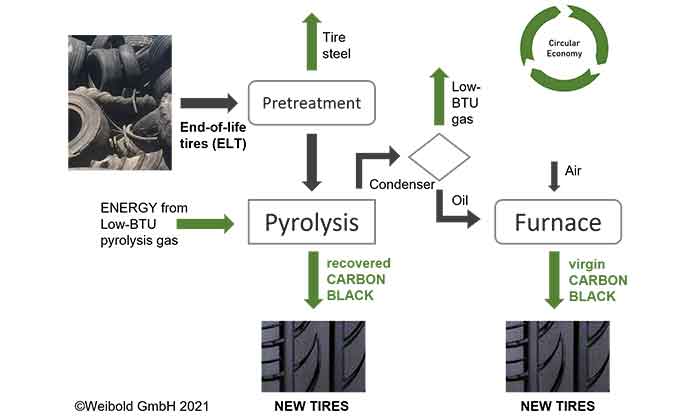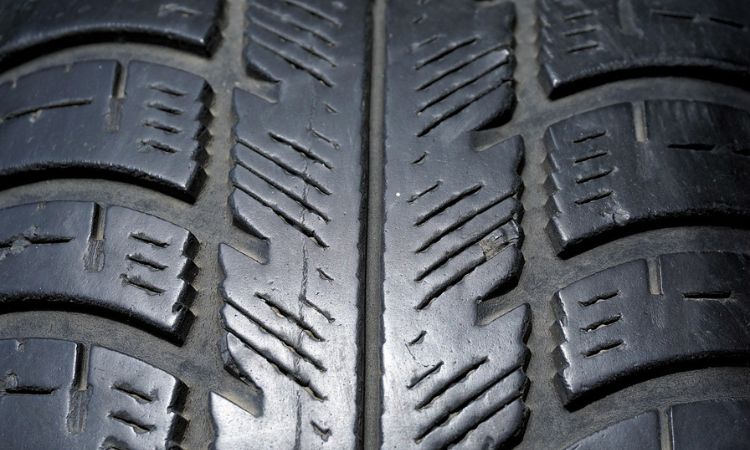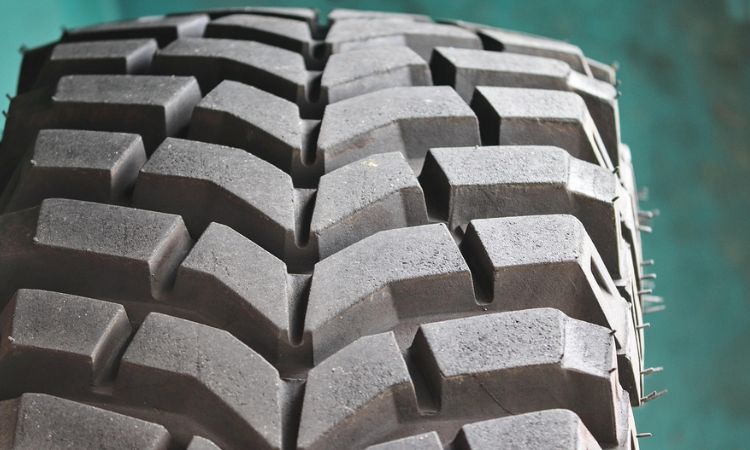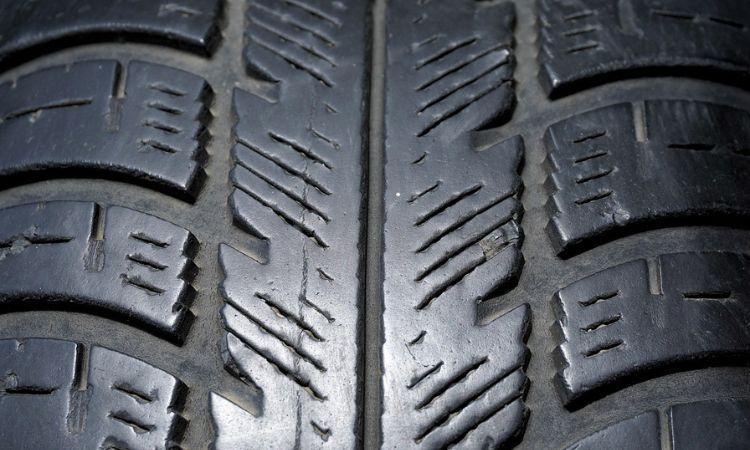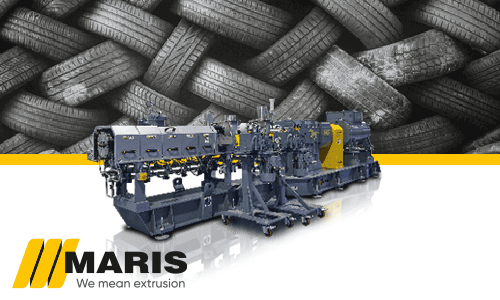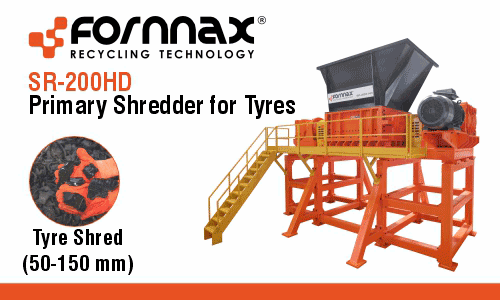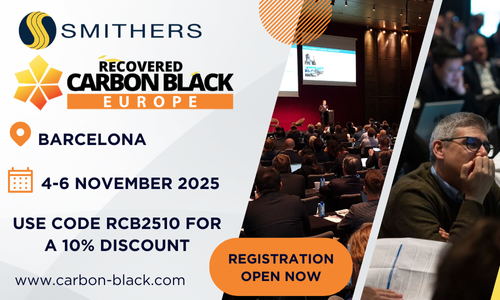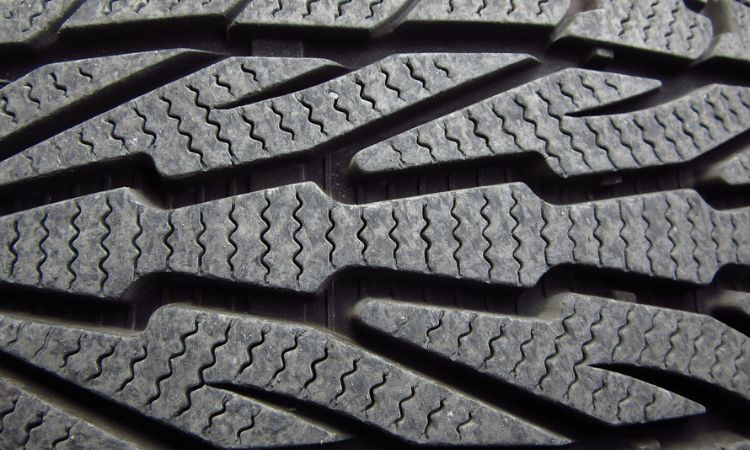
Weibold Academy: More comprehensive life cycle assessments for chemicals needed
Today, more than 80 percent of the carbon backbone that most chemicals are made of is still derived from fossil raw materials. This means that neither the basic chemicals, which are made from petroleum feedstocks, nor the products made from them are sustainable. The load limits, such as climate change, ocean acidification and integrity of the biosphere, are far exceeded by most chemicals. Some chemicals even exceed Earth's exposure limits by more than 100 times. This is the conclusion reached by the University (ETH) in Zurich in a recent study published in the expert journal Green Chemistry (2021, 23, 9881) in which the most produced 490 chemicals have been analysed through the lens of seven planetary boundaries representing critical biophysical limits that should never be exceeded.



